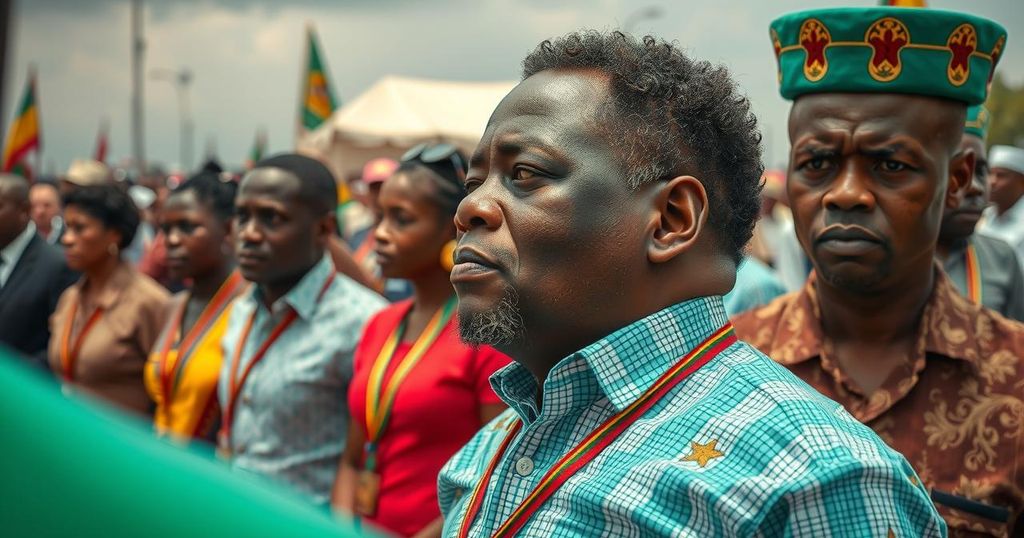Ghana’s Political Shift: John Mahama’s Return Amidst Global Anti-Incumbent Trends

Ghana’s elections saw John Mahama, opposition leader and former president, returning to power after defeating the NPP’s Mahamadu Bawumia. This shift reflects a growing anti-incumbent wave across Africa, linked to issues such as inflation and corruption. Mahama’s win indicates a pivotal change for Ghanaian politics, with the NPP now positioned as the primary opposition party.
In a significant political shift, Ghana returned John Mahama, the opposition candidate and former president, to the presidency in the December 7 elections. Mahama, representing the National Democratic Congress (NDC), had faced losses against Nana Akufo-Addo of the New Patriotic Party (NPP) during previous elections, yet he successfully led the opposition to victory against Akufo-Addo’s vice-president, Mahamadu Bawumia. This election marks a pivotal moment for the NPP, which has seen its worst electoral performance and is now positioned as the leading opposition party after eight years in governance.
The recent elections in Ghana are seen as part of a broader global trend of anti-incumbent sentiment, dubbed the “year of elections” particularly in Africa. Countries such as Senegal, Mauritius, and Botswana have welcomed opposition-led governments while political dominance waned for long-standing parties in nations like Namibia and South Africa, compelling shifts toward coalition governance. Mahama’s victory, reminiscent of the U.S. political landscape with President-elect Donald Trump returning to power after a previous term, adds to these growing political dynamics.
Ghanaian voters demonstrated their discontent with the ruling NPP through their decision at the polls, primarily driven by concerns over escalating inflation, environmental degradation linked to illegal gold mining practices, and a series of corruption scandals. These issues have contributed to a disconnect between the political elite and the ordinary citizens. Notably, voter turnout among NPP supporters was insufficient, leading to an early concession from Bawumia the morning following the election, highlighting the severity of the electoral defeat.
Ghana’s political context has historically involved competitive and closely contested presidential elections, often necessitating run-off rounds due to the electoral system’s structure. The return of John Mahama to power underscores the shifting political landscape in Africa characterized by an increasing number of opposition victories. The recent electoral decisions in several African nations signal a potential reconfiguration of political alliances and the governance models in place, reflecting broader discontent with existing leadership amid socio-economic challenges.
In conclusion, the electoral outcome in Ghana illustrates significant political changes whereby voters opted for an opposition candidate, reflecting wider trends in Africa against incumbent regimes. Mahama’s return may signal a departure from prevailing political grievances linked to economic issues and corruption scandals that have marred the previous administration. This election serves as a reminder of the electorate’s power in shaping governance amidst evolving political sentiments across the continent.
Original Source: www.worldpoliticsreview.com







